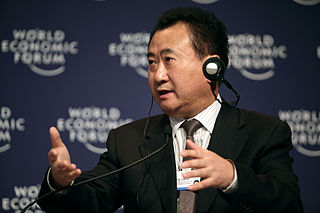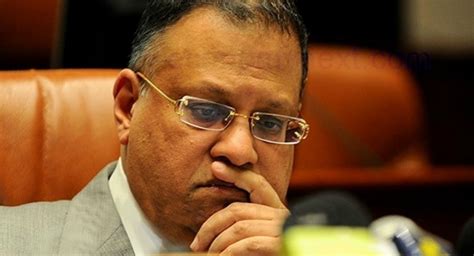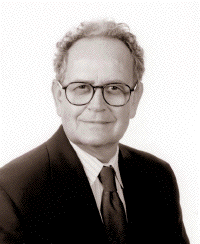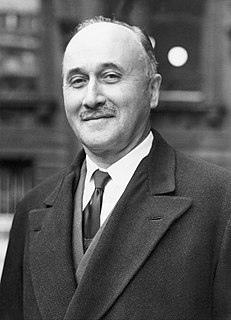A Quote by Robert C. Solomon
In the United States, securities markets are much more developed than they are in Europe.
Quote Topics
Related Quotes
Unemployment is higher in Europe than in the United States and primarily concentrated in immigrant minority populations, so people are worried about what's going to happen and if American-style ghettos are emerging in Europe. There are some of the problems there that America sees associated with the lack of economic inclusion - family breakdown, gang behavior, and racial tensions. I get the sense that in Europe they are much more concerned about these issues than in the United States.
[T]he main evil of the present democratic institutions of the united states does not raise, as is often asserted in Europe, from their weakness, but from their irresistible strength. I am not so much alarmed at the excessive liberty which reigns in that country as at the inadequate securities which one finds there against tyranny.
In Europe, you have very different situation than you do in the United States. In Europe, it's very segregated. And you have the diasporas in Belgium that I saw. And they're being radicalized because they're not assimilated with the culture. I don't think we have that same situation in the United States.



































